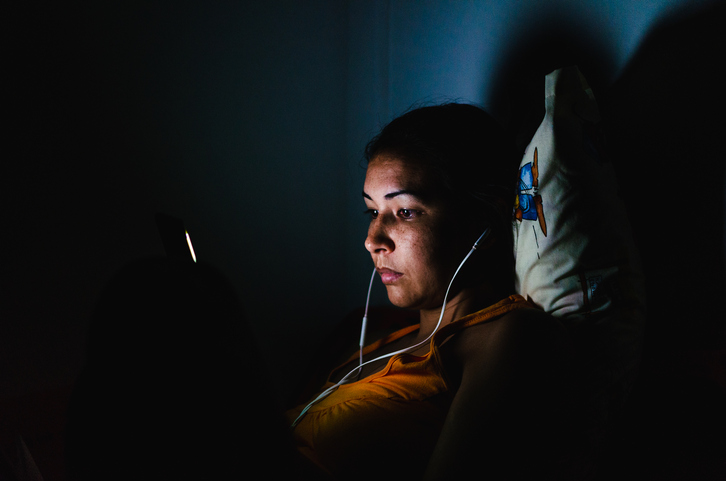Could that rash be COVID-19? How to spot emerging symptoms.
- Category: COVID-19
- Posted on:

Research shows the coronavirus that causes COVID-19 can affect more than the respiratory system.
Sometimes it’s more than a cough or fever

COVID-19 can affect more than the respiratory system
As the months of the pandemic have worn on, physicians and medical researchers have learned more about COVID-19 symptoms, and they’re not always what you might think.
“Common symptoms with COVID-19 include breathing difficulty and cough, but in some cases, there are mysterious rashes or lingering symptoms that last for months, said Andrew Siegel, MD, an internist at Touro. “There’s so much we’re still discovering about the virus.”
Some of these emerging symptoms are the subject of medical debate, but one thing is certain—it’s essential to stay in tune with your health if you’ve had a COVID-19 diagnosis, even after you recover or if you were asymptomatic when diagnosed.
Brain fog—a possible long-term effect

Multiple studies have now shown that COVID-19 can cause neurological concerns. While some problems are thought to be related to the blood clots the disease can cause, others seem to be caused by the virus damaging white matter in the brain, which can affect coordination and brain function.
COVID-19 can also cause encephalitis, inflammation of the brain that can lead to seizures or stroke-like symptoms. Some patients with COVID-19 have reported long-term brain fog that affects focus and memory.
Watch for MIS-C signs in kids
.jpg)
For the most part, children have been spared from the worst COVID-19 infections. However, a rare inflammatory condition called multisystem inflammatory syndrome in children (MIS-C) has been identified in kids who had mild coronavirus infections weeks or months after being diagnosed with the virus.
“It’s not common, but parents who know their child tested positive for COVID-19 should be on the lookout,” said James Treadway, MD, a pediatrician at Children’s Hospital New Orleans.
The most common MIS-C symptoms coincide with other diseases and include:
- Abdominal pain
- Bloodshot eyes
- Diarrhea
- Fatigue
- High fever
- Rash
- Vomiting
Not all children have the same symptoms. Children, teens, and young adults also seem more likely to develop “COVID toes,” an extreme rash or swelling on the toes or sometimes on the fingers.
COVID-19 and insomnia—yes, it’s a thing

There have also been reports of recovered COVID-19 patients experiencing sleep difficulties. The stress of this past year has caused insomnia in many people who’ve never had it.
“So many families are dealing with stress, anxiety, and economic insecurity on top of any medical issues,” Dr. Treadway said. “While an over-the-counter or prescription sleep aid might help in the short term, it’s important for people to talk to their doctor if they or their child is struggling with insomnia for more than a week or two, especially as lack of sleep can weaken the immune system.”
Concerned about unexplained symptoms in yourself or your child? Make an appointment with one of our Primary Care providers or pediatricians at lcmchealth.org.

.jpg)